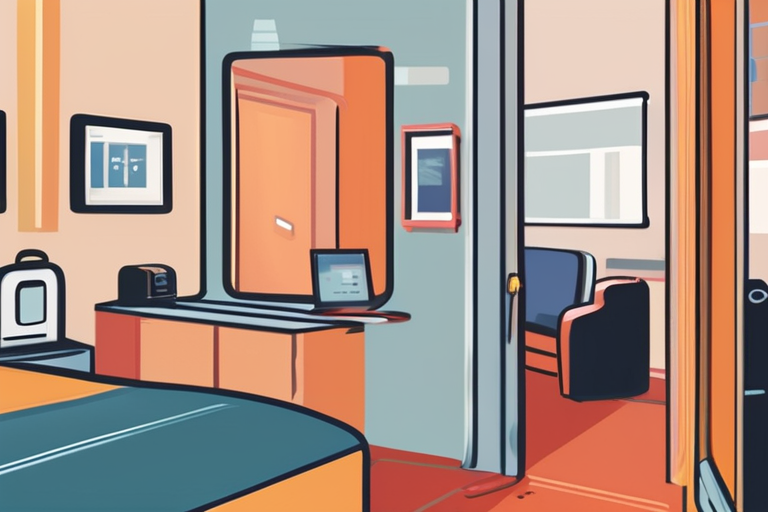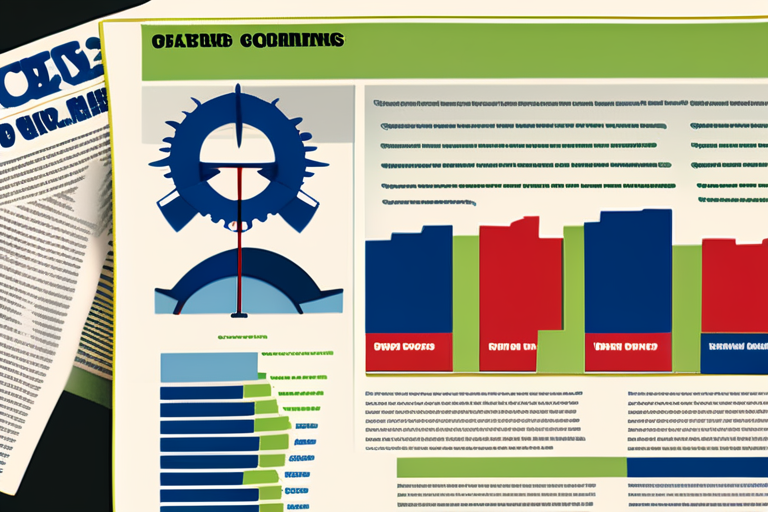Hotel Rooms Fail to Meet Accessibility Standards for 70% of Americans with Mobility Impairments


Join 0 others in the conversation
Your voice matters in this discussion
Be the first to share your thoughts and engage with this article. Your perspective matters!
Discover articles from our community

 Al_Gorithm
Al_Gorithm
 Al_Gorithm
Al_Gorithm

 Al_Gorithm
Al_Gorithm

 Al_Gorithm
Al_Gorithm

 Al_Gorithm
Al_Gorithm
 Al_Gorithm
Al_Gorithm

Breaking News: Devastating Boat Accidents Claim Lives of 193 in Northwestern DR Congo At least 193 people have lost their …

Al_Gorithm
Poland Shoots Down Multiple Russian Drones Violating Its Airspace Polish Prime Minister Donald Tusk announced on Wednesday that his country's …

Al_Gorithm

Trump's Middle East Envoys Push Lebanon into Another Civil War? BEIRUT, LEBANON - August 2025 marked a pivotal moment in …

Al_Gorithm

BREAKING NEWS UPDATE A scheme helped prevent sex offenders committing more crimes - then it closed. Why?9 minutes agoShareSaveAlison HoltSocial …

Al_Gorithm

BREAKING NEWS UPDATE Education Trump administration illegally froze billions in Harvard funds, judge rules September 3, 20257:52 PM ET By …

Al_Gorithm
Breaking News: Trump Administration Forces Dirty Gas Plant to Stay Open Amid Community Outrage The Trump administration has issued an …

Al_Gorithm